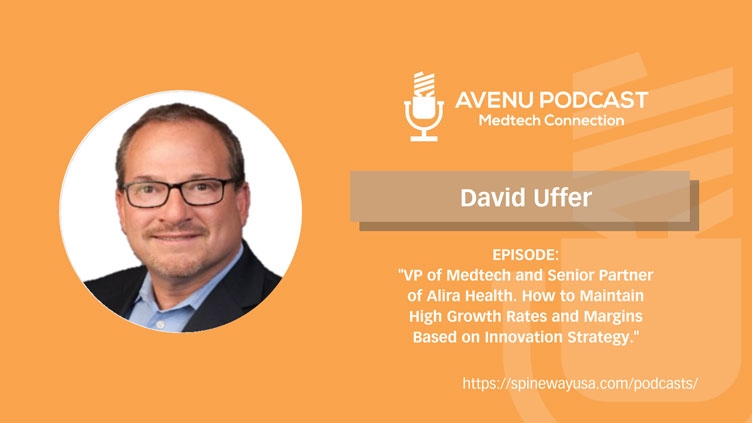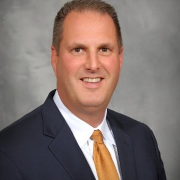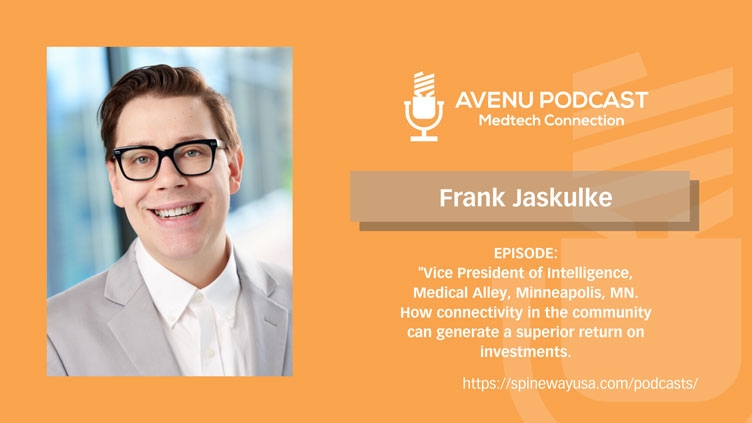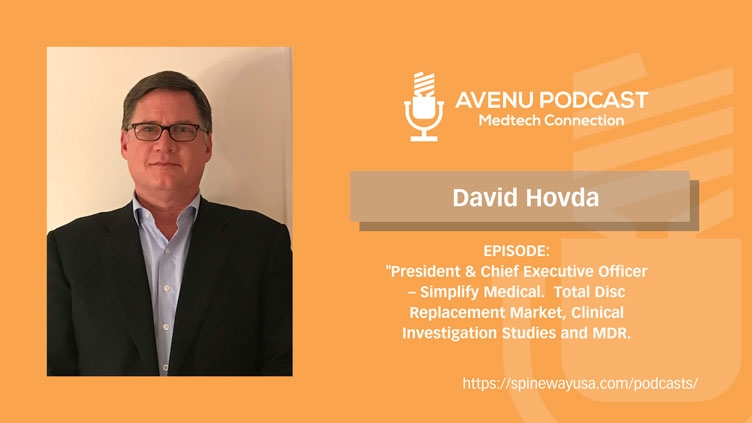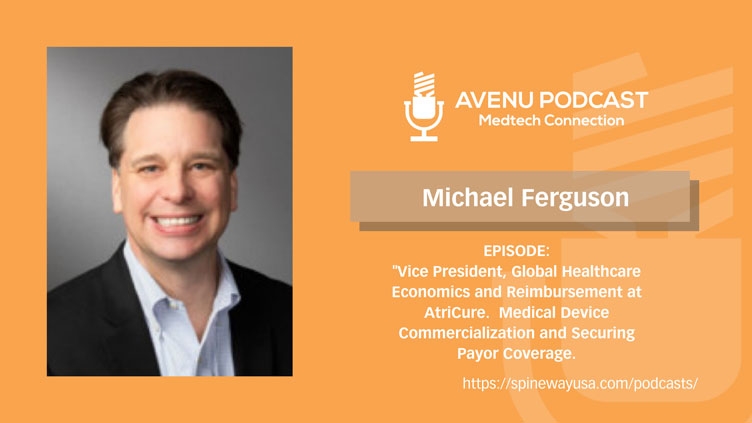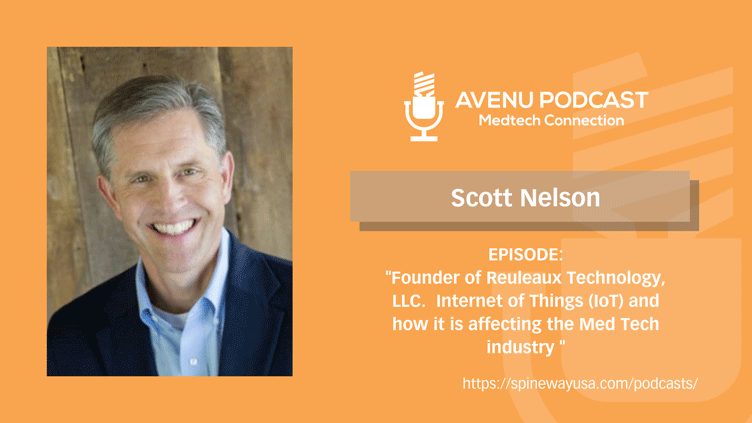“Growth will come from many different factors: market share capture, accelerating the market whether that’s through market growth or pricing increases, as well as new products and technology introductions. But the ability to drive high growth rates in low growth markets is becoming more and more difficult. That’s where you look at consolidation and many times you’ll see acquisitions from the larger players to be able to grow inorganically.”
What innovative businesses are leading in emerging markets?
David discusses how to evaluate an emerging market and how to drive high growth rates in low growth markets. He stresses that new technology introductions must be transformational and able to be used in a value-based environment to get adoption. He explains there is a shift away from physician-directed preferences and product selection to a demonstrated approach showing many different value propositions.
“There’s no question to be successful in entering a substantial market that the US is nearly mandatory, but for those companies that already have significant presence in the US or established markets there’s high growth to be expected and projected and to be planned for in emerging markets.”
Today’s Podcast Topics:
- David informs our audience what are some innovative businesses which are emerging as market leaders?
- Are existing clinically proven technologies shifting to a “good enough” economical cost model?
- Few Med Tech companies can maintain high growth rates and margins based on innovation strategy – David provides insight into what effect globally rationalized pricing necessitate cost reductions?
- As the future of Med Tech plays out, how should emerging companies evaluate its business portfolio to decide which markets to focus?
- Finally, David’s perspective to people who are newly entering the Med Tech Industry?
Links and Resources Mentioned in this Podcast:
- David Uffer on LinkedIn
- Website: www.alirahealth.com
- Email: ufferdm@yahoo.com
Did you enjoy this episode? Click here to Leave a Review. Each review helps us grow the Avenu Community and bring more guests to you! Thank you.
About the Host:
Connect with me directly on LinkedIn or subscribe to “Avenu Podcast” via our Website News Letter.

